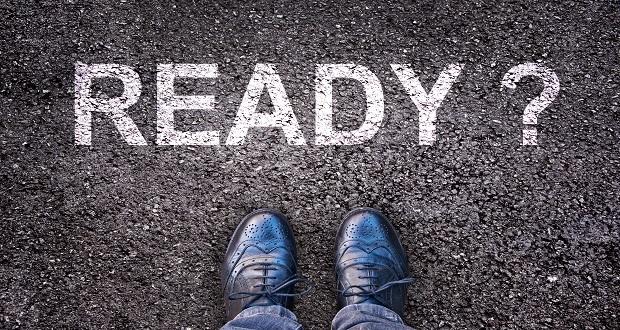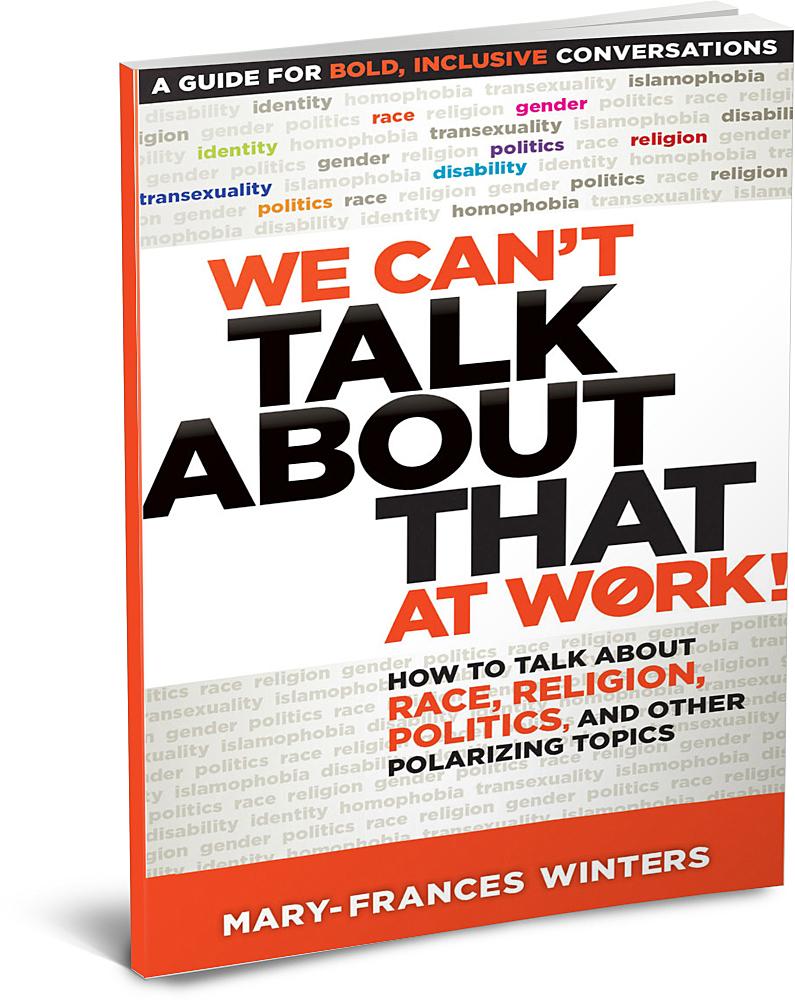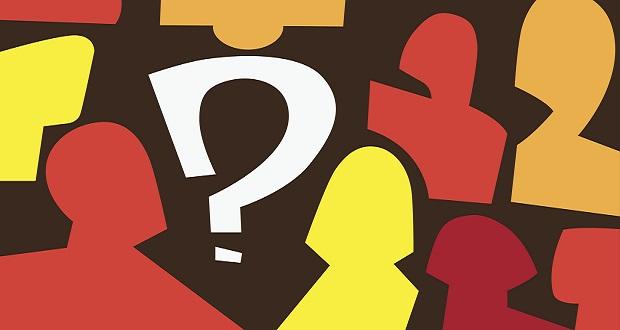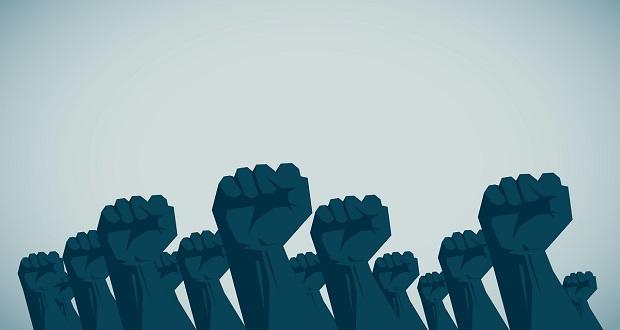
In last week’s installment of our feature series, we explored fostering self- and ‘other’ understanding as a requisite to engaging in bold, inclusive conversations. This week, we highlight how one might assess individual readiness before having these conversations.
In her new book, Mary-Frances Winters underscores the role of taking a developmental approach—meeting people where they are—when engaging in bold, inclusive conversations:
I contend that the reason we are not further along—and perhaps regressing—is because we have not approached the work in a developmental way. We have failed to fully realize and understand that everybody is not ready for bold conversations. If we were to approach the work developmentally, we would meet people where they are, not expect them to necessarily see the world from our view, and acknowledge that while one may be learning, mistakes are inevitable. (Mary-Frances Winters, Author, We Can’t Talk About That at Work!: How to Talk About Race, Religion, Politics, and other Polarizing Topics in the Workplace)
What might one consider when assessing their individual readiness? Mary-Frances presents the 4Es: Exposure, Education, Experience, and Empathy.
- Exposure: Ask yourself: Who is in my world? The less exposure you have with people who are different than you, the less likely you will be ready to engage in bold, inclusive conversations.
- Experience: This takes ‘exposure’ a step further. Experience is about engaging with those who are different from you in ways that are cross-culturally enriching.
- Education: Experience and exposure should be complemented with formal education. This may include workplace trainings, continuing education, research, visiting museums, reading books, etc.
- Empathy: Having the capacity to understand the perspective of one’s ‘other,’ is also necessary to be effective in engaging in bold, inclusive conversations.
Consider asking yourself the following questions as a readiness assessment. As you answer them, also consider the extent to which they reflect your or your organization’s readiness (a great deal, somewhat, not at all).
- I am culturally self-aware.
- I have explored my unconscious biases.
- I am comfortable talking about difficult subjects.
- I believe that treating everyone the same is not the solution to polarization.
- I have studied my own and other culture’s norms and beliefs.
- I have a high degree of emotional intelligence.
- I readily acknowledge that I don’t know what I don’t know.
- I recognize that there are differences that make a difference and I try not to minimize them.
- I have regular exposure to difference.
- I have meaningful relationships with diverse individuals and groups.
- I can separate the person from their position.
- My organizational culture is ready to have bold, inclusive conversations.
- There is a high level of trust in the organization.
- There is a high level of trust within my team.
- I am aware of my power and privilege.
- I already have a lot of experience with bold, inclusive conversations.
If you answered “somewhat” or “not at all” to all the statements, you are definitely not ready to engage in polarizing conversations. If you answered “somewhat” or “not at all” to more than half of the statements, you may want to proceed with caution. Those individuals who answered, ‘a great deal’ for most of the questions are more likely to be ready to engage in these difficult dialogues.
So… are you ready?
We Can’t Talk About That at Work! is officially available for purchase! Purchase your copy or download an excerpt from the book.



















